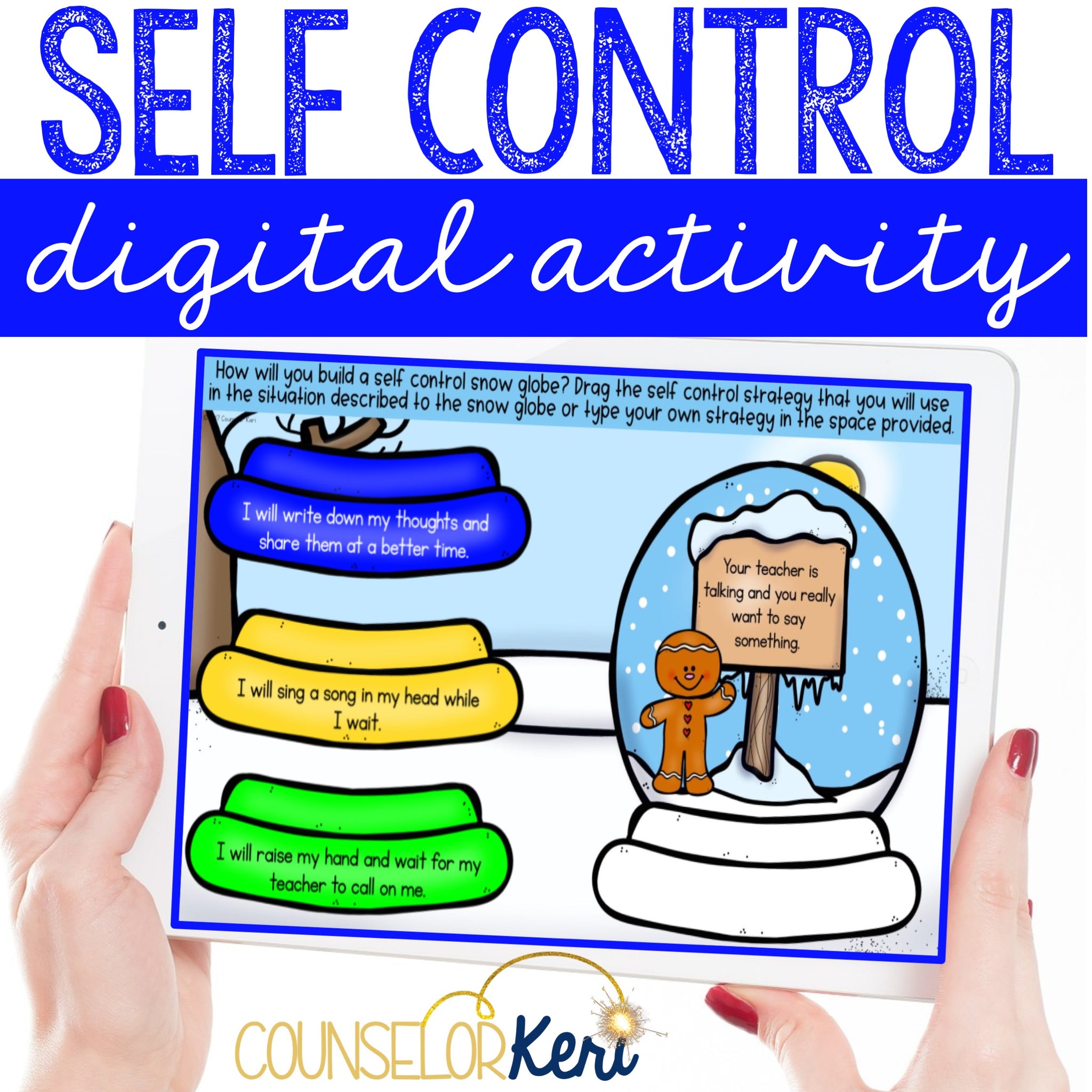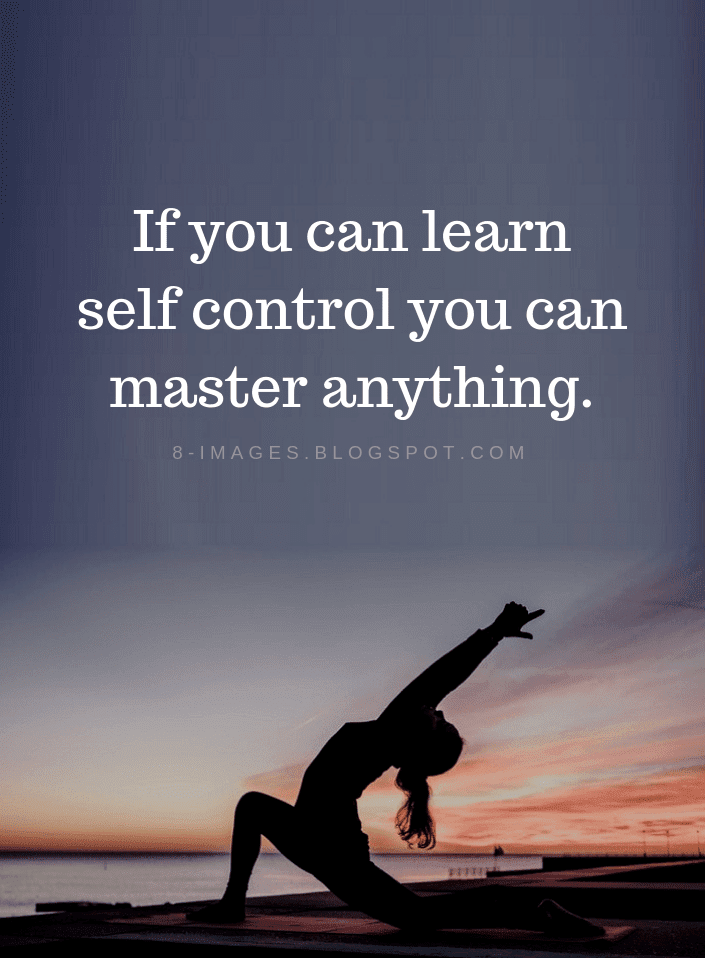

It’s the moments when you say to yourself “this isn’t what you should be doing right now.” Often, when our self-control energy is depleted, we are still fully capable of recognizing that our behavior is out of line with our personal goals or our values, but we just aren’t able to act on it.ĭelay of gratification is choosing a more favorable future outcome than a less favorable immediate outcome. Monitoring is essentially being aware of your behavior. Though different models of self-control consider self-control to be comprised of different skills, monitoring and delay of gratification seem to be among the most consistent. Some studies have even shown differences in brain structure and function in people with poor self-control compared to those with good self-control (Cohen & Lieberman, 2010). Personality, life experience, and motivation also influence our capacity for self-control (de Ridder et al., 2012). People with ADHD, for example, have a harder time controlling their impulses than normally developed individuals. Self-control is more challenging for some than it is for others. Similarly, just as exercising a muscle increases strength, exercising self-control can increase your ability to override impulses in the future. When we overwork a muscle it becomes fatigued and can’t produce the same level of exertion of which it was previously capable. In this perspective, self-control is a lot like a muscle.

This model suggests that when we exert self-control, our mental energy can become depleted (Baumeister et al., 1994). One of the dominant theories of self-control at present is the limited-resource model. In other words, self-control is being able to choose the thing you should do over the thing you want to do. Self-control is the ability to overcome your impulses and immediate desires in favor of behavior that is in line with your standards and long-term goals (Baumeister et al., 2007).
#Selfcontrol free
Let’s take a look at what self-control is and how we can begin to learn to master it.īefore reading on, if you're a therapist, coach, or wellness entrepreneur, be sure to grab our free Wellness Business Growth eBook to get expert tips and free resources that will help you grow your business exponentially. People who demonstrate greater self-control ability tend to have better health, more wealth, and more successful relationships than people with less self-control (Tangney et al., 2018).

Though demonstrably difficult, getting good at exercising self-control is enormously beneficial. We can shop for everything we could possibly want without having to leave our desks, we can consume years worth of television in one sitting, and we can spend hours on social media without even realizing it. Self-control is becoming increasingly challenging as the vices that impede our long-term goals become ever more abundant and convenient. Self-control is when the ‘Should’ wins out over the ‘Want’ when we opt to do the thing that is in our long-term best interest rather than the thing that will feel best at the moment.

Or you might be familiar with that voice that pleads with you to turn off the television and do something you find valuable as you remain seated and allow the next episode of your favorite show to play. Perhaps, like me, you’ve had the experience of desperately wanting to stay in bed in the morning despite being fully aware of the host of problems that hitting snooze again will cause.


 0 kommentar(er)
0 kommentar(er)
